| Automotive political donations flow in as November’s midterm elections near |
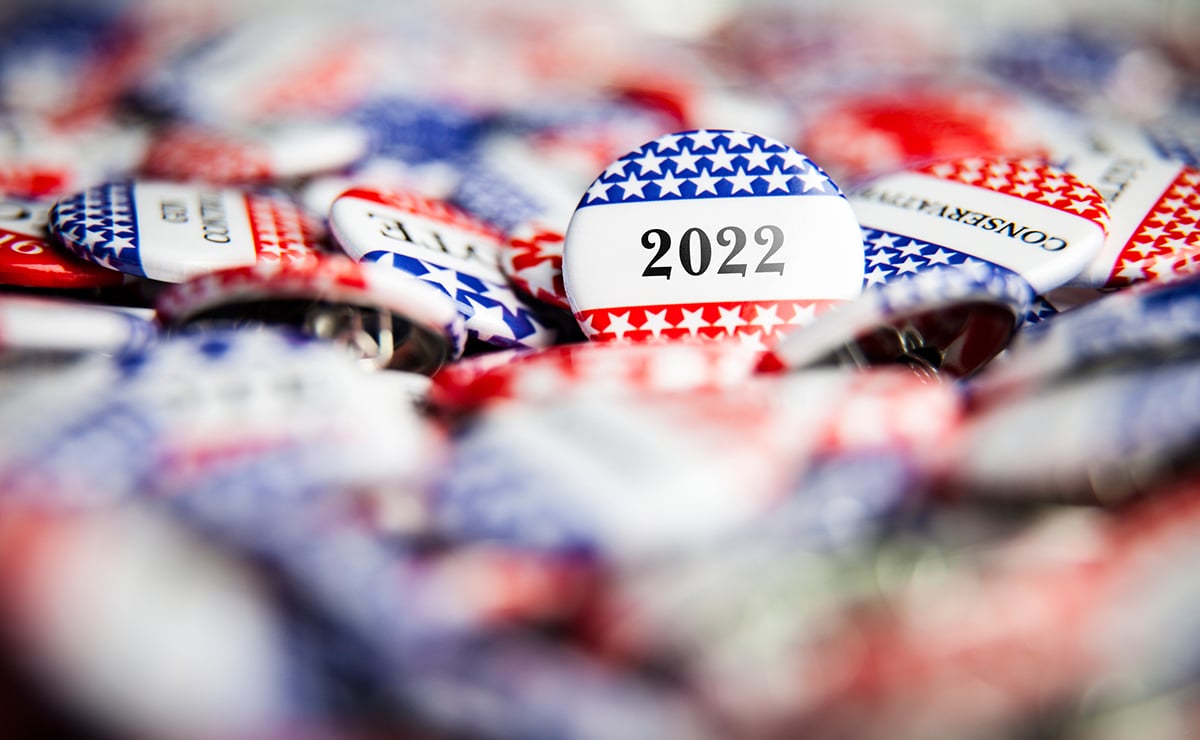
WASHINGTON — In nine days, voters will decide on 470 congressional seats, potentially shaking up the balance of power in Congress for the next two years.
With sweeping legislation tied to vehicle electrification already signed into law, the outcome of the Nov. 8 midterm elections is likely to be less disruptive to the auto industry than the forthcoming presidential election in 2024.
Still, the industry needs policy certainty to inform major investment decisions, especially with a revolutionary — and costly — transition to electrification underway.
“It’s hard to make significant investments if there’s uncertainty that the policies could change and that you won’t get a return on that investment,” said Andy Buczek, government policy adviser at Dykema law firm’s office here.
We’ll break down what’s at stake for the industry in the upcoming election on Monday, including a list of members of Congress who are up for reelection and could steer automotive policy next year.
In the meantime, lawmakers on both sides of the aisle are raking in huge sums of campaign cash from the sector.
Overall, auto industry donors have poured more than $27 million into the 2021-22 election cycle, based on Federal Election Commission data released Oct. 23 and compiled by OpenSecrets, a research group that tracks money in U.S. politics.
The majority of those contributions — about $18 million — went to Republicans, with nearly $6 million flowing to Democrats.
The National Automobile Dealers Association was the top contributor by dollar amount, sending more than $1.9 million to federal candidates, parties and outside groups, according to the data.
General Motors was the No. 2 contributor at nearly $1.3 million, followed by Toyota Motor North America with about $981,000 in total contributions and Ford Motor Co. with contributions of about $942,000.
Automotive News readers might recall that Toyota, in particular, faced renewed criticism in April for resuming contributions to some lawmakers who objected to President Joe Biden’s election certification in January 2021.
Toyota pointed to others in the auto industry as well as “nearly 800 companies and industry groups nationwide” that also have resumed contributions.
As Mark Rom, an associate professor of government and public policy at Georgetown University’s McCourt School of Public Policy, reminded us last July: Political contributions aren’t invisible.
“There will be watchdogs out there looking for them,” he told me. “If they find contributions that appear to be objectionable, they’re going to raise alarms.”
 |
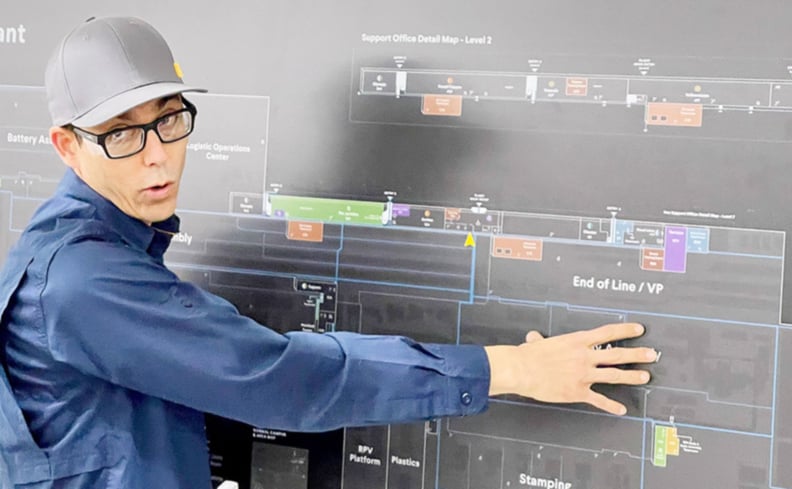
“For us, one of the most powerful things was having our direct-to-consumer model, where instead of having to go through third parties or dealers or different entities, we literally mobilized our whole service network to say, ‘Let’s go move through these vehicles really quickly.’” |
— RIVIAN CEO RJ SCARINGE ON HOW THE COMPANY HANDLED THE RECALL OF ABOUT 12,200 OF THE NEARLY 13,200 VEHICLES DELIVERED THROUGH SEPTEMBER OF THIS YEAR |
|
From “Rivian’s quick response to recall shows value of direct-to-consumer model, CEO says” |
 |
In Monday’s Automotive News:
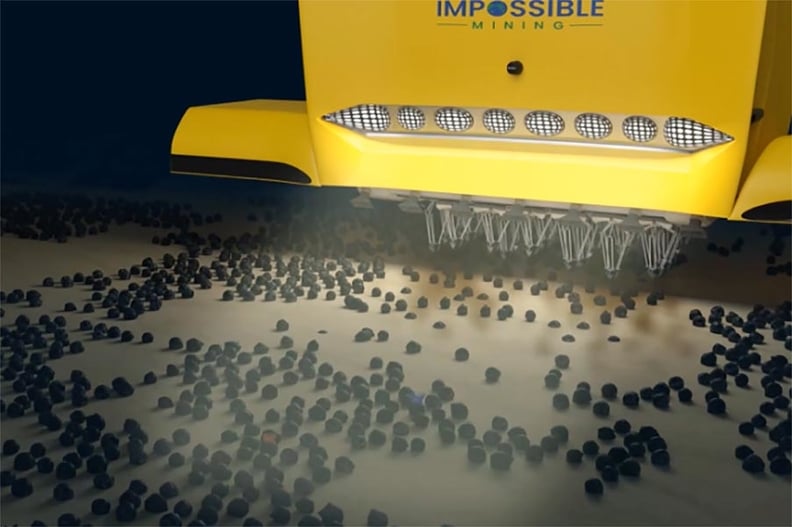
Seabead mining a boom or bust? There is a gold mine at the bottom of the sea. Well, an EV raw materials bounty at least. Vast fields of rocks containing high concentrations of nickel, cobalt, copper and manganese needed for EV batteries cover what’s known as the abyssal plains. Mining companies are going to great lengths to collect these raw materials, even miles below the ocean’s surface. But there’s a catch. Environmental groups want to slow the rush until more is known about the impact on this largely untouched area of the Earth, and some automakers have joined a moratorium on sourcing metals from seabed mining. Automotive News takes a closer look at this next mining frontier.
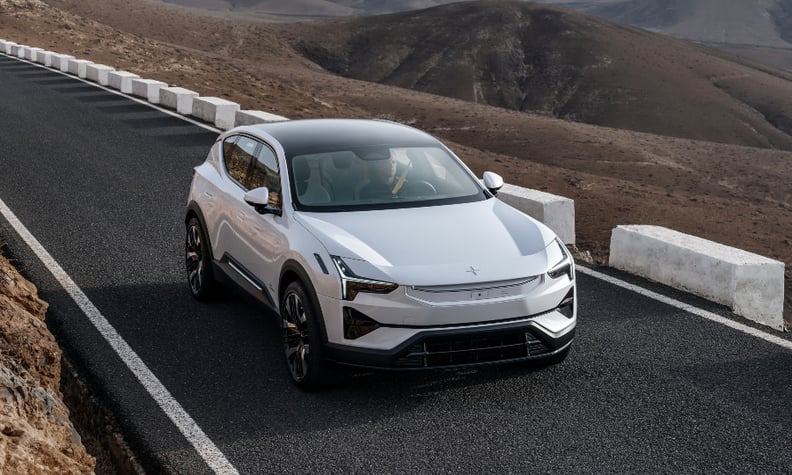
Better late than never? Polestar’s U.S. dealers expected the Swedish EV maker’s first crossover to arrive in their hip, urban stores early next year. But now they find they will be without the high-volume Polestar 3 for the better part of a year: U.S. deliveries of the midsize crossover will begin in the fourth quarter of 2023. Automotive News explains how that could prove problematic for the young brand as it claws its way into the competitive U.S. market.
 |
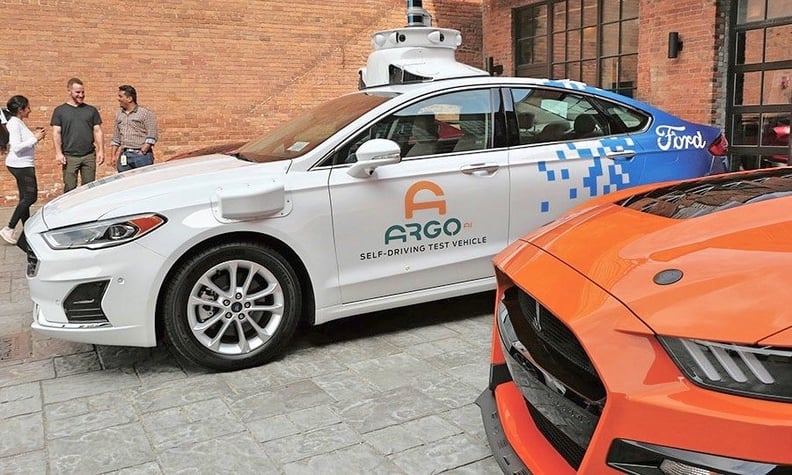
Ford earnings hit by Argo AI shutdown: Ford posted a third-quarter loss of $827 million that it largely blames on plans to fold Argo AI, a self-driving vehicle development company the automaker had invested in heavily. CEO Jim Farley said Ford now believes mass deployment of fully self-driving vehicles is “a long way off.”
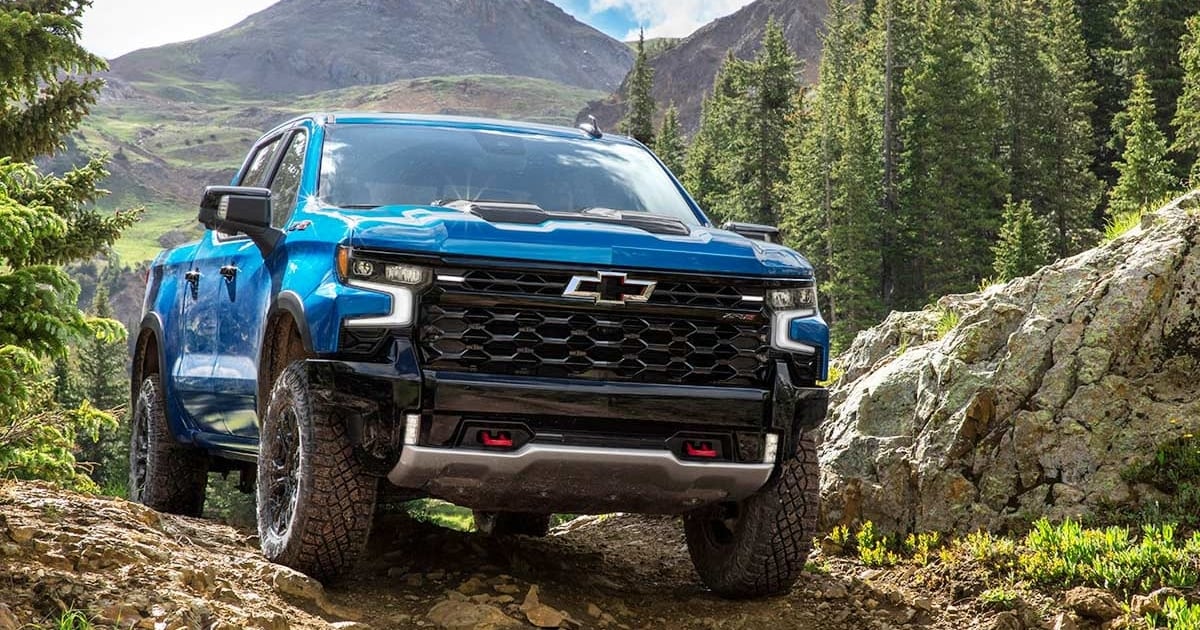
GM gains on higher truck output: GM’s third-quarter net income rose 37 percent to $3.3 billion on improved truck production, better microchip supply and rising prices. The automaker said it expected to build fewer EVs by the end of next year than it previously forecast, citing a slow start to production at a new battery plant in Ohio.
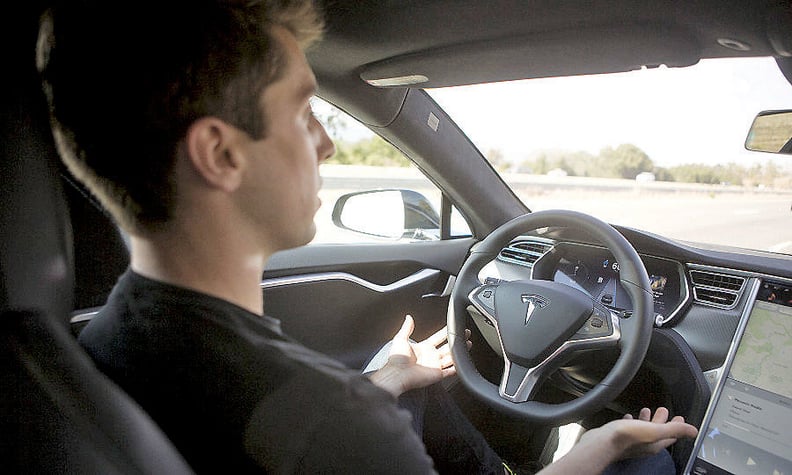
Tesla faces criminal probe: Tesla is under criminal investigation in the U.S. over claims that the company’s EVs can drive themselves, Reuters reported. The Department of Justice launched the previously undisclosed probe last year following more than a dozen crashes, some fatal, involving Tesla’s driver-assist system Autopilot.
 |
|
|---|
 |
 |
 |
Nov. 2, 1978: Lee Iacocca was named president and COO of Chrysler Corp. Henry Ford II had fired him that year as Ford president.

